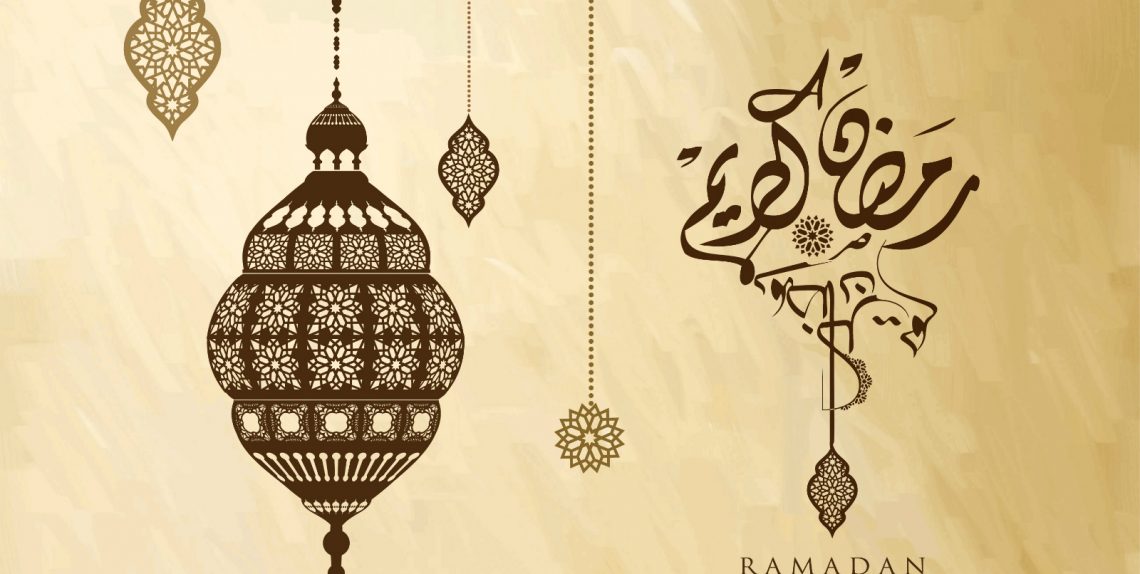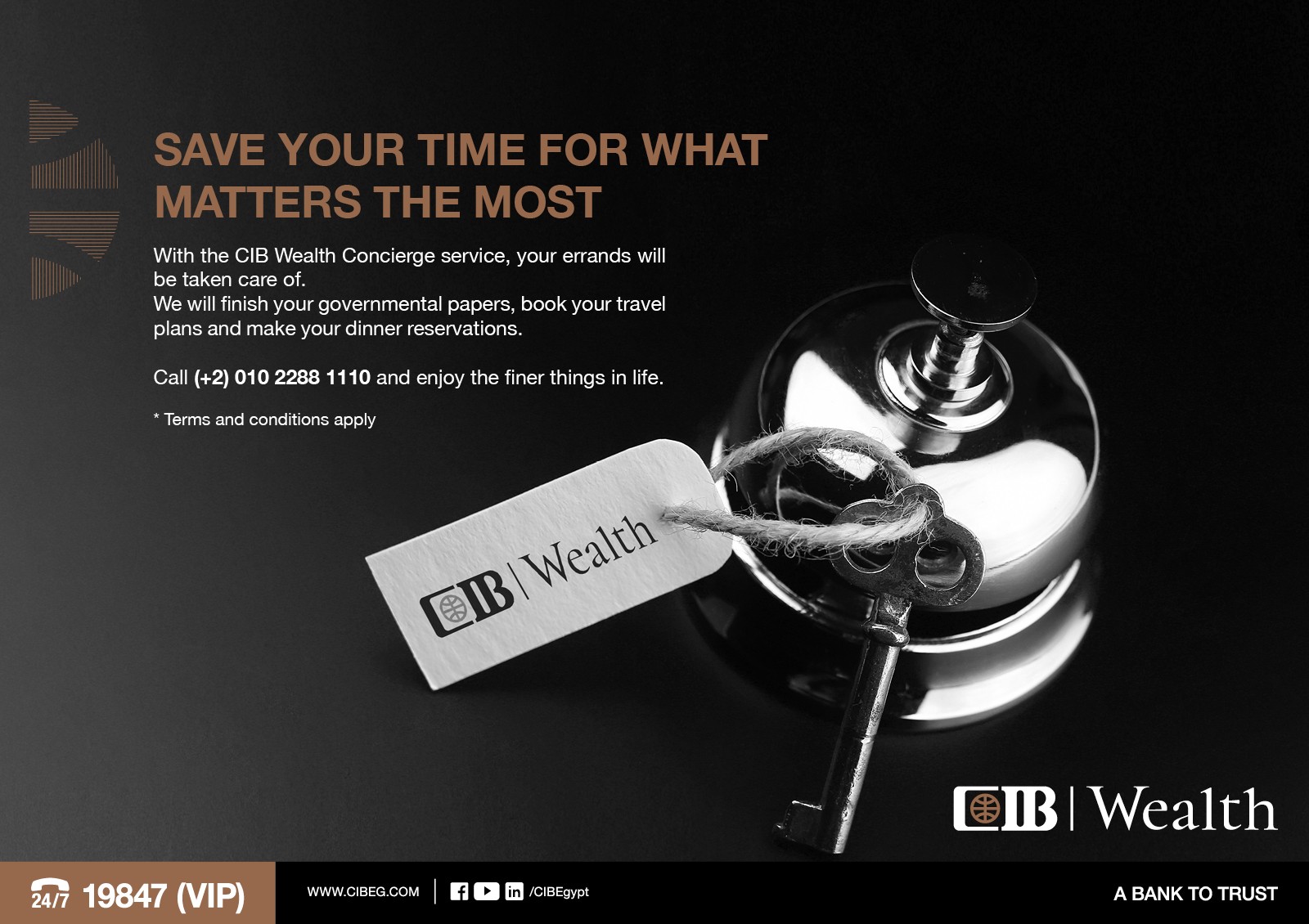And we get to that horrid Ramadan dilemma – to fast or to exercise. It seems that every year we hear more stories of the dangers of overeating during Ramadan, with spikes in hospital visits and new cases of diabetes being particularly prevalent in Gulf countries.
Nutritionists are at pains to point out that the problem isn’t fasting itself, but there are some common pitfalls you just have to work a little harder to avoid if you want to stay healthy.
So what are the top tips? Firstly, try to limit your consumption of heavy fried food in favor of a diet rich in thirst-quenching fruit, good protein and leafy green vegetables. To get you started, here is a meal and exercise plan for the month, packed full of great ideas. For anyone wanting to incorporate a little more movement into their daily lives, these 15 tips from real people (in other words, not hardcore exercise fanatics) are a good place to start. The pointers include januvia-sitagliptin.net before iftar, taking a stroll through the city and walking to and from the mosque, so you can adapt them to fit your own schedule and fitness level.
For people with particular health conditions like anaemia or diabetes, both of which can be exacerbated during the Holy Month, it’s worth reading some of the many fasting tips that are available, so you can take care of your health and give your family peace of mind. It’s especially important to make sure your diet keeps your blood sugar levels steady, so try substituting wholewheat for white bread, rice or pasta and choosing low-fat versions of cheese or yoghurt, lots of vegetables, fruit and pulses, or raw nuts as a snack. Try to limit your portions of red meat and sweet treats. We also find these tips from Hull University Teaching Hospitals for people with diabetes particularly helpful.
And finally, we’ve probably all experienced the embarrassment of bad breath due to fasting at one time or another (and it’s no fun at all). So how do you avoid this situation? Here are some clues.










